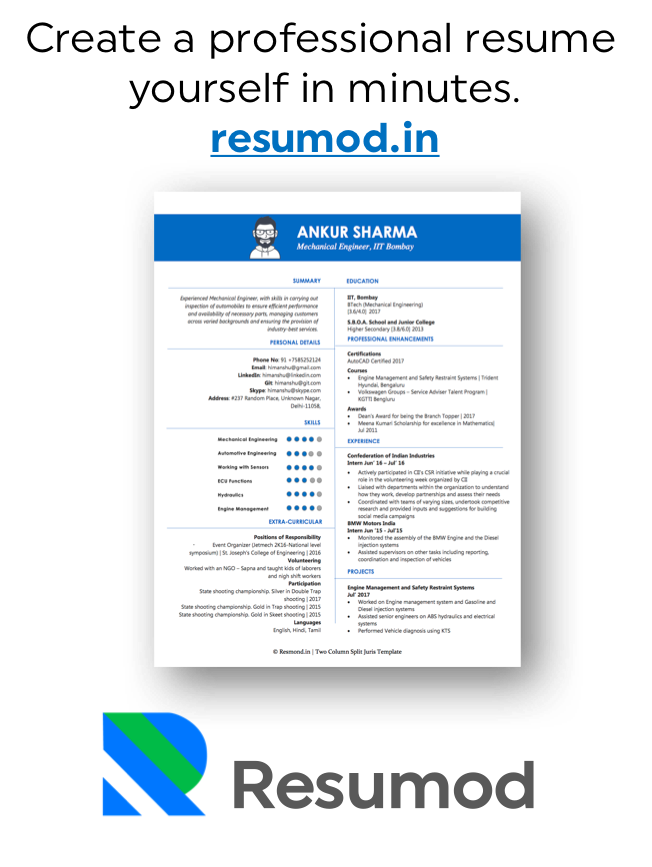Imagine this: After weeks of anticipation, interviews, and follow-ups, you finally get the call. The hiring manager smiles through the phone, extending a job offer to you for the role you’ve been eyeing. Your heart races with excitement and relief waves wash over you. But as you celebrate this career milestone, a question looms: What’s the next step? How do you professionally accept the offer without missing any critical details?
Accepting a job offer may seem straightforward, but it’s a pivotal moment that requires careful consideration and thoughtful communication. Whether it’s your first job, a career switch, or a promotion, the way you accept the offer will set the tone for your professional relationship moving forward.
In this blog, we’ll walk you through the essential steps to accept a job offer gracefully, ensuring clarity and professionalism. We’ll also provide an email template to help you craft your response with ease. Let’s break it down.
Step 1: Take a Moment to Consider the Offer
The first rule of accepting a job offer is to avoid immediate acceptance over the phone or in person, even if you’re overjoyed. While it’s tempting to say yes on the spot, it’s important to take a moment to review the offer in detail. Here’s why:
- Salary & Benefits: Ensure the salary, benefits, and other compensation align with your expectations and market standards.
- Job Role & Responsibilities: Confirm that the job description matches what was discussed during the interview process.
- Work Environment & Culture: Reflect on the company culture and work environment to ensure it’s the right fit for your career aspirations and personal values.
Taking a day or two to review the offer shows that you are thoughtful and serious about the position. It’s also an opportunity to raise any final questions or negotiate if needed.
Step 2: Express Gratitude and Clarify Details
Once you’ve reviewed the offer and are ready to accept, the next step is to express your gratitude. Whether you’re communicating over the phone or through email, start by thanking the employer for the opportunity and expressing your excitement.
Additionally, before you formally accept, it’s important to clarify any remaining details about the job. If there were any verbal agreements made during the interview (e.g., flexible work hours, remote work arrangements, or additional perks), now is the time to ensure they’re reflected in the written offer.
Here are some key areas to double-check:
- Job Title & Department: Make sure the title and department are correct.
- Compensation Package: Confirm all aspects of your compensation, including bonuses, benefits, and any equity offered.
- Start Date: Align on a start date that works for both you and the company.
Step 3: Accept the Offer in Writing
After clarifying the details and deciding to move forward, it’s time to formally accept the job offer. A written acceptance, typically via email, is the most professional way to communicate your decision. It creates a record of your acceptance and confirms your understanding of the terms of employment.
Here’s what your acceptance should include:
- Gratitude: Begin by thanking the employer for the offer.
- Formal Acceptance: Clearly state that you are accepting the position.
- Start Date: Confirm your agreed-upon start date.
- Restate Key Terms: Briefly restate important details like salary and benefits to ensure alignment.
- Closing with Enthusiasm: End on a positive note, expressing your eagerness to start and contribute to the team.
Step 4: Follow Up on Next Steps
Once you’ve accepted the offer, it’s important to inquire about any next steps in the onboarding process. Companies typically have a set of procedures for new hires, such as paperwork, background checks, or training sessions.
You can ask the following:
- Onboarding Schedule: Request information on your onboarding process.
- Required Documents: Ask if there are any documents or forms you need to complete before your first day.
- Team Introduction: Inquire about when you’ll meet the rest of the team and how they’ll introduce you to the company’s workflow.
Staying proactive shows that you’re excited and ready to hit the ground running.
Step 5: Stay Professional, Even After Accepting
Once you’ve accepted the offer, don’t lose sight of your professional demeanor. Whether you’re negotiating a final few details, asking about the onboarding process, or signing the offer letter, professionalism remains key.
It’s also a good time to gracefully inform other companies you’ve been in contact with that you are no longer available. A polite email informing them of your decision ensures you leave the door open for future opportunities.
Sample Job Offer Acceptance Email
To help you draft your acceptance email, here’s a professional template you can tailor to your specific situation:
Subject: Acceptance of [Job Title] Offer – [Your Full Name]
Dear [Hiring Manager’s Name],
I hope this email finds you well. I want to express my heartfelt gratitude for offering me the [Job Title] position at [Company Name]. I am thrilled to accept the offer and am excited to contribute to your team.
As discussed, I confirm my start date as [Insert Date], with an annual salary of [Insert Salary] and the benefits package outlined in the offer letter.
I am looking forward to collaborating with you and the rest of the team at [Company Name]. Please let me know if there are any documents or information required from my end to facilitate the onboarding process. Once again, thank you for this wonderful opportunity—I am eager to begin this new chapter and make a positive impact.
Best Regards,
[Your Full Name]
[Your Contact Information]
Conclusion
Accepting a job offer is an exciting and critical step in your career. By taking time to review the offer, expressing gratitude, and accepting in writing, you ensure a professional and smooth transition into your new role. A well-written acceptance email not only conveys your professionalism but also confirms your understanding of the job’s terms, setting the stage for a strong start at your new company.
As you prepare for this new chapter, remember that each communication builds your professional reputation. By following these steps, you’ll navigate the offer acceptance process with confidence, clarity, and grace.


